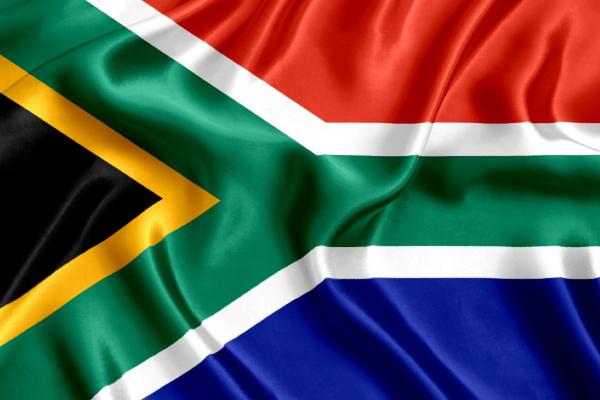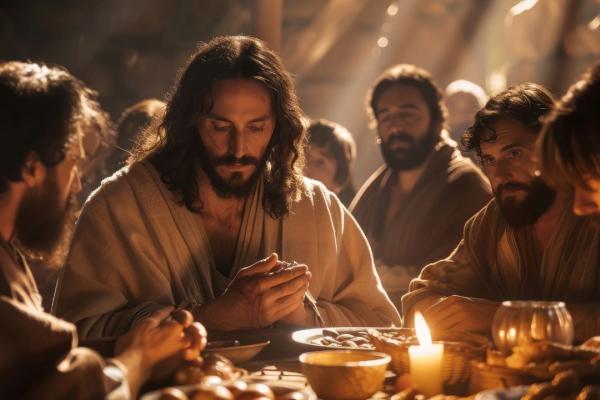How the Changing Landscape in the Middle East Will Affect the ChurchBy Jack ZimmermanPicture this: white, sandy beaches; clear blue, sparkling ocean; luxurious hotels; gorgeous sunsets; peace; tranquility. Sounds great, doesn’t it? So where are we? The Caribbean, perhaps? Maybe Hawaii? The Bahamas? Would you believe . . . Beirut?At least that’s how it used to be. At one time, Lebanon’s capital and largest city was sometimes known as the “Paris of the Middle East.” But in 1975, when militant Muslims from across the Islamic world entered the country and declared Jihad, all that changed. And so did the Church there. It would be a template for what was to come. History is one of our greatest teachers. But we can only learn from it, at the very least, by acknowledging the fact that it’s being repeated, and this time, actually doing something about it. The landscape of the Middle East has always been in a state of constant flux, but today, Islam is flexing its extremist muscles more than ever, and the results could be even more catastrophic for the Church and Christianity than at any other time in history. Here’s why: Sixteen countries make up the Middle East, with a population of more than 350 million people. Within that number, only about 20 million are Christians. One point becomes obvious, then, when you do the math: The Christian Church throughout the Middle East is a small minority with Islam being the principal religion. Now, in a perfect world, that would mean simply that one religion has more adherents than another, and at the end of the day, all of them desire to co-exist and live in peace; understanding and respecting the cultural and religious diversities among them. We have something pretty close to that in the United States. But the Middle East is a very different world. According to the tenets of Islam as stated repeatedly in the Koran, Muslims are not to tolerate the existence of any other religion but their own. It has always been that way, but the recent uprisings and revolts in more than half the countries in the Arab world have acted as a catalyst for Islamic extremist groups to rise to greater levels of power and influence (as in the case of the Muslim Brotherhood in Egypt). Quite simply, their rise spells the Church’s demise. In their book The Price of Freedom Denied: Religious Persecution and Conflict in the 21st Century (Cambridge University Press), authors Brian Grim and Roger Finke explain how this process occurs: “Sixty-two percent of Muslim-majority countries have a moderate to high level of persecution . . . o the extent that a religious group achieves a monopoly and holds access to the temporal power and privileges of the state, the ever-present temptation is to persecute religious competitors openly.” “But wait!” you say. “Isn’t freedom of religion guaranteed by the constitutions of these countries?” In many cases, no. But in other Muslimdominated Middle Eastern countries, even where there are such provisions for religious expression, it doesn’t matter anyway—harassment and persecution against Christians and the Church as a whole are a part of everyday life, and regardless of what a constitution or charter may say, it’s perfectly okay to ignore it and look the other way, all in the name of Islam. Here’s a perfect example: meet Yousef Nadarkhani. Thirteen years ago, when he was 19, the Iranian-born Muslim converted to Christianity, and soon after became a pastor in an evangelical community known as the Church of Iran. Today, he sits in an Iranian jail, having been condemned to death for committing the crime of apostasy. Thus, he could well be the first Iranian Christian convert executed there since 1990, unless he renounces his faith and goes back to the fold of Muhammad. State Department spokesperson Victoria Nuland summed up the situation well when she said, “While Iran’s leaders hypocritically claim to promote tolerance, they continue to detain, imprison, harass, and abuse those who simply wish to worship the faith of their choosing.” And as Nuland surely knows, it’s not just happening in Iran; it’s happening all over the Middle East. It’s no coincidence that this topic is being discussed in this issue of our magazine. This September may well be a pivotal month in the history of the region for at least two reasons: First, the great possibility that Egypt’s Freedom and Justice Party (a nice and happy sounding name for the historically militant Muslim Brotherhood) may come to power, and second, the planned request to be made by Palestinians to the United Nations for recognition of their own state. At the end of it all, the message is the same: Those who revere the God of Abraham, and especially those who love and honor the name of Yeshua ( Jesus), are unwelcome in these hundreds of thousands of square miles of Middle Eastern land. Further, as the Islamic agenda progresses, any and all other religions must face the consequences by either choosing to convert or die. The Church, whether it knows it or not, is at the very center of that large bullseye.
Article originally published in the Sept/Oct 2011 edition of Jewish Voice Today. Jack Zimmerman is a staff evangelist at Jewish Voice, and an ordained Messianic Jewish rabbi.











